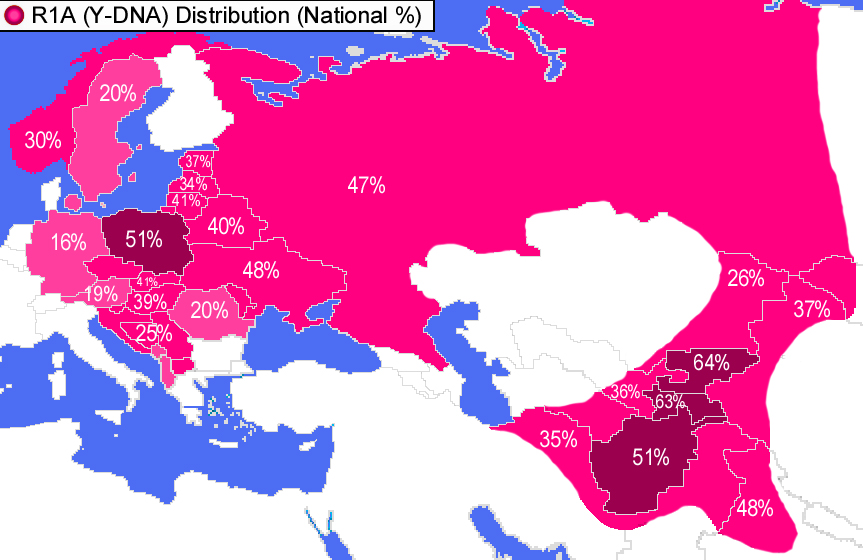On the contrary the scythian kingdoms reached the turkic and mongolian homelands and will have influenced these cultures early in their development, also on the flip side these groups also as they expanded assimilated what remianed of the iranian nomads, anywaywe have a large kingdom/empire spanning half a continent with a diverse population and religious and cultural tolerance ruled by a group who made up a very small part of the population.
As for the hunnic language's orgins
https://en.wikipedia.org/wiki/Hunnic_language#Possible_affiliations
The only real reason people think they may have been turkic is because their names could have turkic roots, but they could also been something else and the turks could have gotten those roots from the huns, or we simply got these names (the 'real' names, not the latinized verisons) via turkic speaking sources distorting the picture. In archeology as in all sciences I don't know is always a wise statement unless you know something for certain, and out information on the huns is very limited. Even more so the Scytians and Sarmatians.
It should for an example be noted that the Poles under their era of Sarmatism considered the Sarmatians a turkic tribe, something we today know is not true, and compared their links to the Sarmatians to the Bulgarians link to the Bolhgar.
Truth is we'll likely never know what the Huns were, but the likeliest scenarios are that they were either the last great iranian tribe or the first great turkic one.




